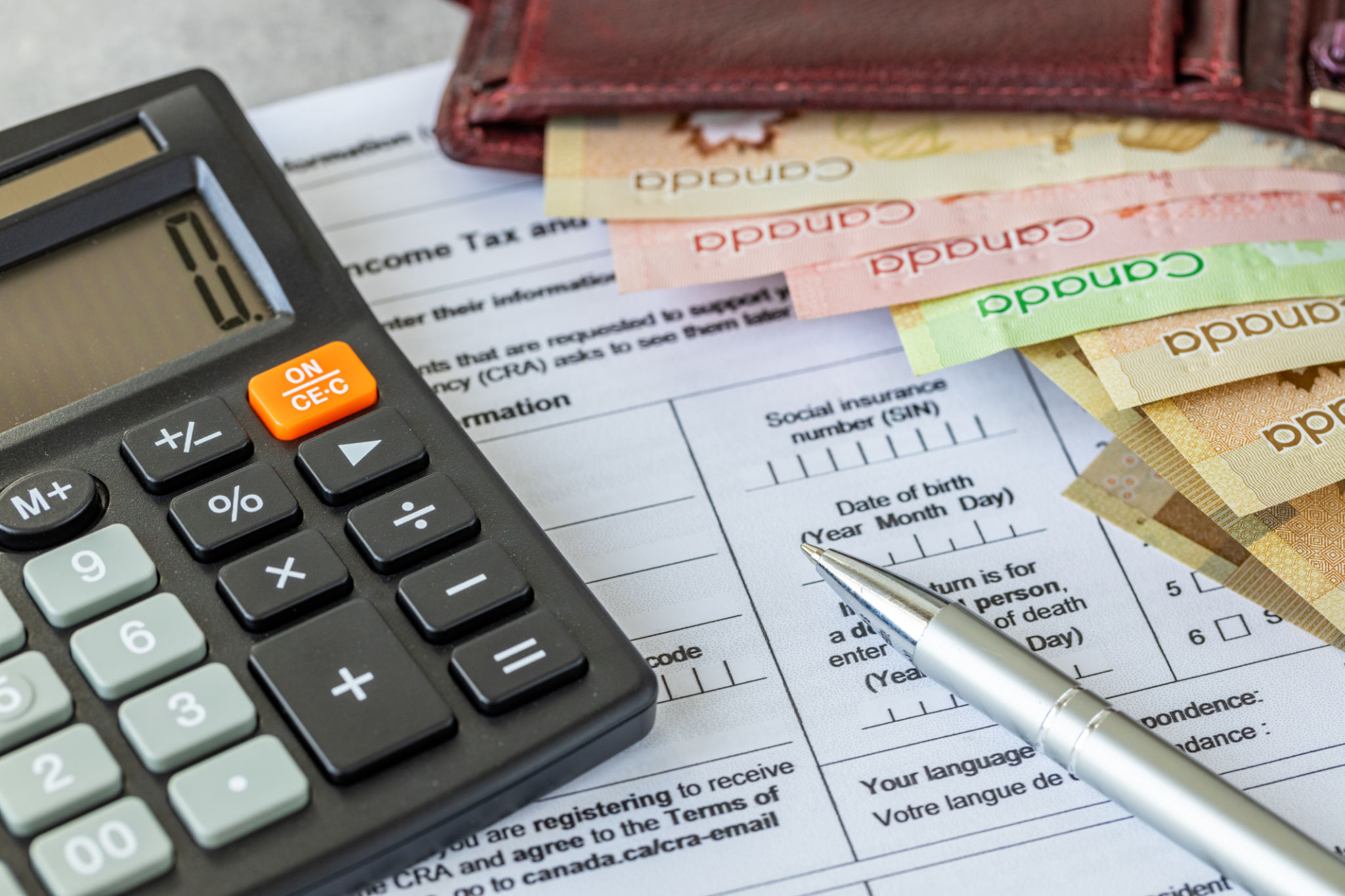Expert Tips for Maximizing Your Tax Refund
Start Early and Get Organized
One of the best strategies to maximize your tax refund is to start early. Waiting until the last minute can lead to mistakes and missed opportunities for savings. Begin by gathering all necessary documents such as W-2s, 1099s, and receipts for deductible expenses. Keeping these documents organized ensures you won't overlook any potential deductions or credits.

Understand Tax Deductions and Credits
Understanding the difference between tax deductions and tax credits is crucial. Tax deductions reduce your taxable income, while tax credits reduce your tax liability dollar-for-dollar. Familiarize yourself with common deductions like mortgage interest, student loan interest, and medical expenses. Additionally, explore credits like the Earned Income Tax Credit and the Child Tax Credit to see if you qualify.
Consider Professional Help
If your tax situation is complicated, it might be beneficial to hire a tax professional. They can help you navigate complex tax laws and ensure you claim all eligible deductions and credits. A professional can also provide guidance on strategies to lower your taxable income, potentially increasing your refund.

Maximize Retirement Contributions
Contributing to a retirement account like a 401(k) or IRA can significantly impact your tax refund. Contributions can reduce your taxable income, increasing your refund potential. Additionally, some retirement contributions may qualify you for the Saver's Credit, adding another benefit to your tax return strategy.
Itemize Your Deductions
While the standard deduction is easier to claim, itemizing your deductions might offer bigger savings if you have significant deductible expenses. Consider itemizing if you have large medical bills, charitable contributions, or mortgage interest payments. Comparing both options can help you choose the most financially beneficial route.

Review Adjustments to Income
Don't overlook adjustments to income, which can reduce your taxable income even before considering deductions. These include contributions to Health Savings Accounts (HSAs), alimony payments, and educator expenses. Every adjustment can make a difference in maximizing your refund.
Stay Informed About Tax Law Changes
Tax laws can change from year to year, impacting potential refunds. Stay informed about these changes by reading IRS updates or consulting with a tax professional. Being aware of new laws ensures you don't miss out on new benefits or face unexpected liabilities.
Double-Check Your Filing
Mistakes in your tax return can lead to delays or reduced refunds. Before submitting, double-check all information for accuracy, including Social Security numbers and bank account details. Consider using tax software with built-in error checks or having a second pair of eyes review your return.

By following these expert tips, you can position yourself for a maximized tax refund this year. A proactive approach combined with strategic planning can make a significant difference in the amount you'll receive. Take the time to explore every opportunity available, and you'll likely find your efforts rewarded come tax season.
